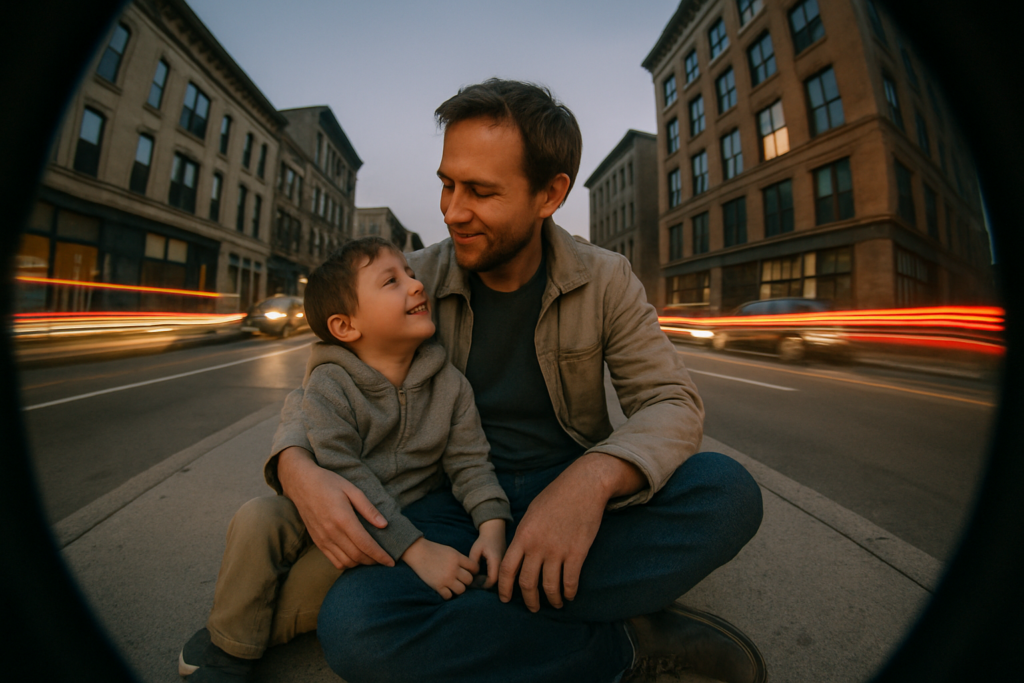fappeningbforum: What It Is and How It Started
fappeningbforum sprang up in the aftermath of the original “Fappening” incident—the massive leak of private, explicit photos of celebrities in 2014. What started as a blackhat hack ended up amplifying the serious concerns around personal data safety. The forum in question acted like a wildfire—it spread the content fast, wide, and to just about anyone who wanted it.
Originally hidden in corners of the internet, this forum gained traction due to its notoriety. While many sites quickly flagged or banned such content, this forum leaned in and capitalized on the demand. It didn’t just repost content—it became a hub for solicitation, new leaks, and userled sharing.
The Legal and Ethical Line
Here’s where things get murky. Just because people can share something online doesn’t mean they should. And many jurisdictions around the world agree. Possessing, sharing, or even viewing explicit content leaked without consent can cross over into illegal territory—fast.
Forums like fappeningbforum test the reach of digital laws. Some countries have begun tightening policies on revenge porn, unauthorized leaks, and even forum platforms that knowingly host that content. But the enforcement side lags behind. It’s a game of whackamole—forums get shut down, only to pop back up under a new URL or name.
Why People Still Visit
If it’s sketchy, risky, and possibly illegal, why do users still flock to these forums?
Two major reasons:
- Anonymity – People feel safer behind a username and a proxy server. Forums like this are usually only accessible through layers of anonymity, biting into the accountability cycle.
- Curiosity and Voyeurism – For some, the psychological draw isn’t just the content, it’s the idea of seeing something “exclusive” or “forbidden.” That’s a strange but real part of digital human behavior.
Add in gamification—karma points, status, insider leaks—and you’ve got a community built not just on content, but on social validation. That interplay makes it harder for people to walk away.
Tech Giants & Moderation Challenges
Social platforms like Reddit, Twitter, and Telegram have faced growing pressure to shut down links and accounts tied to these kinds of forums. Moderation teams work with machine learning and user reports, but leaks move fast.
What complicates it further? Mirrors and screen grabs. Once an image hits the web, pulling it down everywhere becomes nearly impossible. fappeningbforum and sites like it take advantage of this very flaw—encouraging users to save and reshare, knowing full well takedowns won’t reach 100%.
The Human Cost
Let’s shift the focus to what really matters—people.
When explicit images get leaked, it’s not a small blip for the person involved. Careers take damage. Mental health nosedives. Victims deal with longlasting trauma, knowing someone else still has access to their stolen moments. The digital footprint is permanent—even if servers go down, screenshots don’t.
Women, in particular, are overwhelmingly targeted. And that highlights a deeper issue of digital misogyny, where privacy is treated as optional based on fame or looks.
Better Tools, Better Defenses
The rise of forums like fappeningbforum has led to better digital defense tools—at least that’s a silver lining. Cloud services now push stronger default privacy settings. Twofactor authentication is a standard. Celebrities and everyday users alike are learning how to lock down their content.
Some companies now specialize in digital takedown services—tools that scan forums, sites, and filesharing platforms to scrub unauthorized content. AI also helps flag leaks faster, though it’s still a reactive model.
Can We Stop It for Good?
Stopping this entirely isn’t likely. But shrinking its power? That’s possible.
Education helps—especially expanding awareness of digital hygiene at a young age. Stricter penalties might make some potential offenders think twice. And social pressure from inside internet communities often works faster than law enforcement.
But most importantly, shifting internet culture is crucial. That means treating private images like real consentdriven content, not freeforall scrap.
Final Word
Forums built on boundary violations—forums like fappeningbforum—exist because the internet still has its grey areas. Even as laws catch up, users play a critical role in what gets normalized or rejected.
At the end of the day, your curiosity shouldn’t trump someone else’s consent. We’ve got the tools to dodge this kind of behavior—whether we use them is another question.





